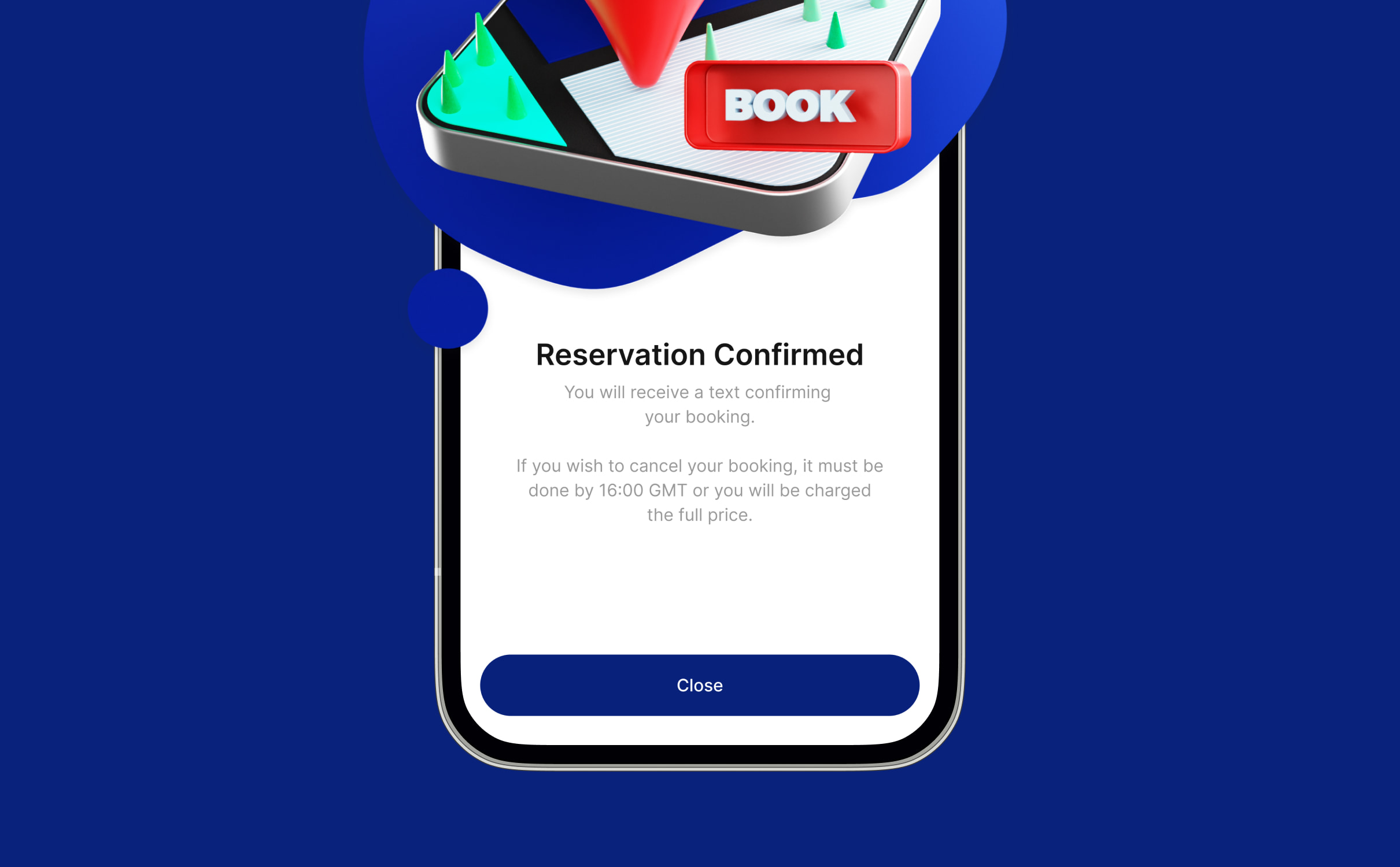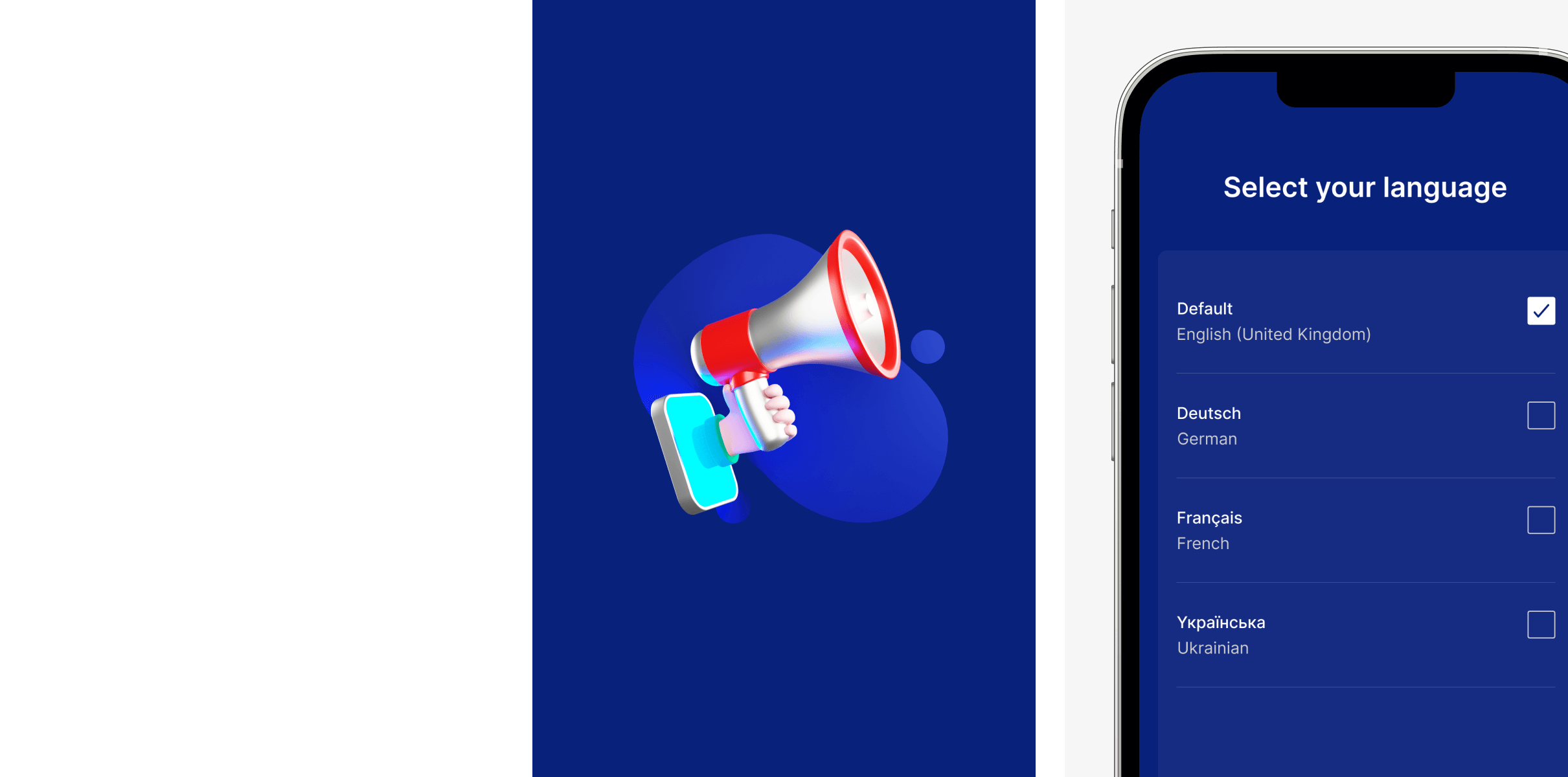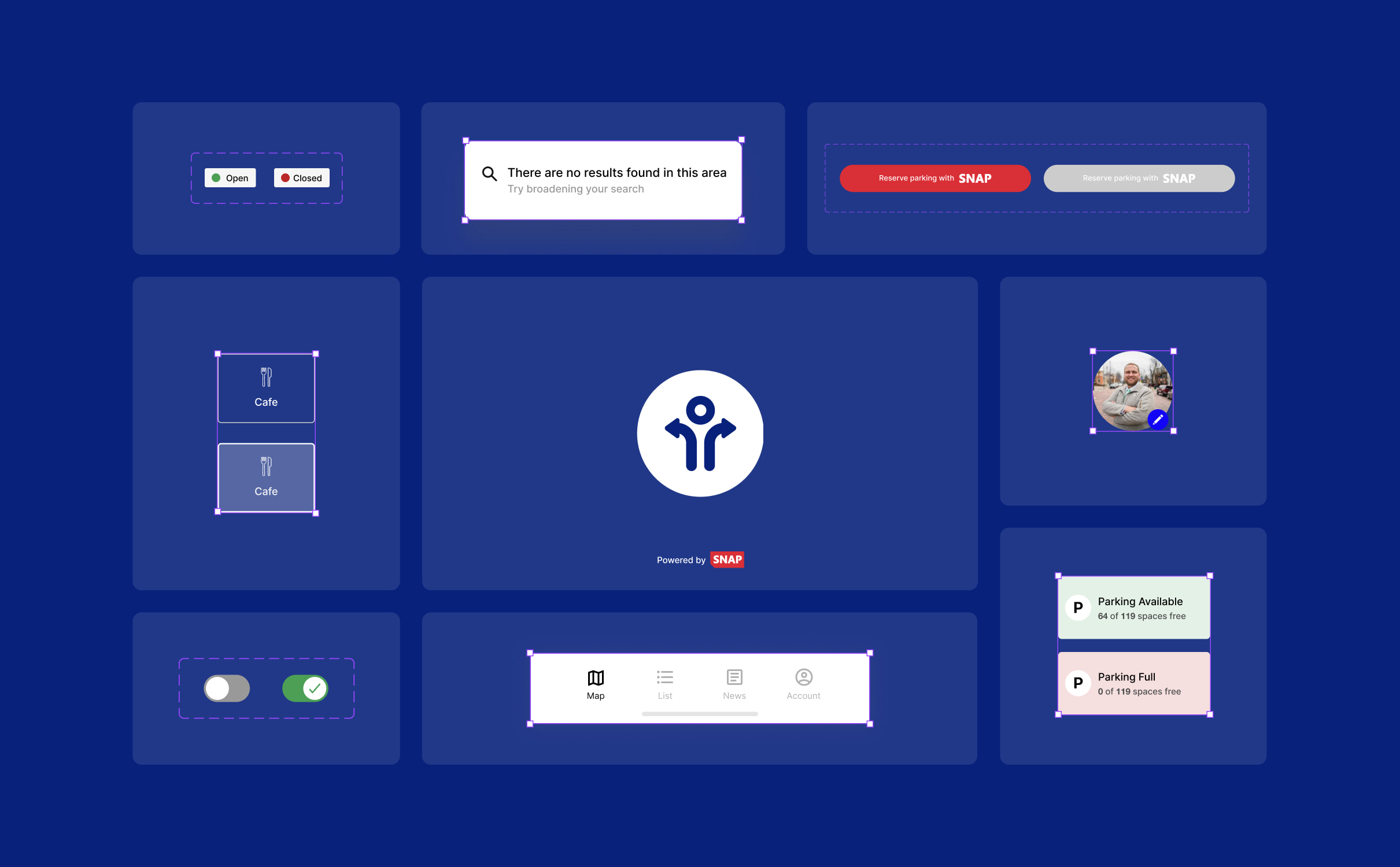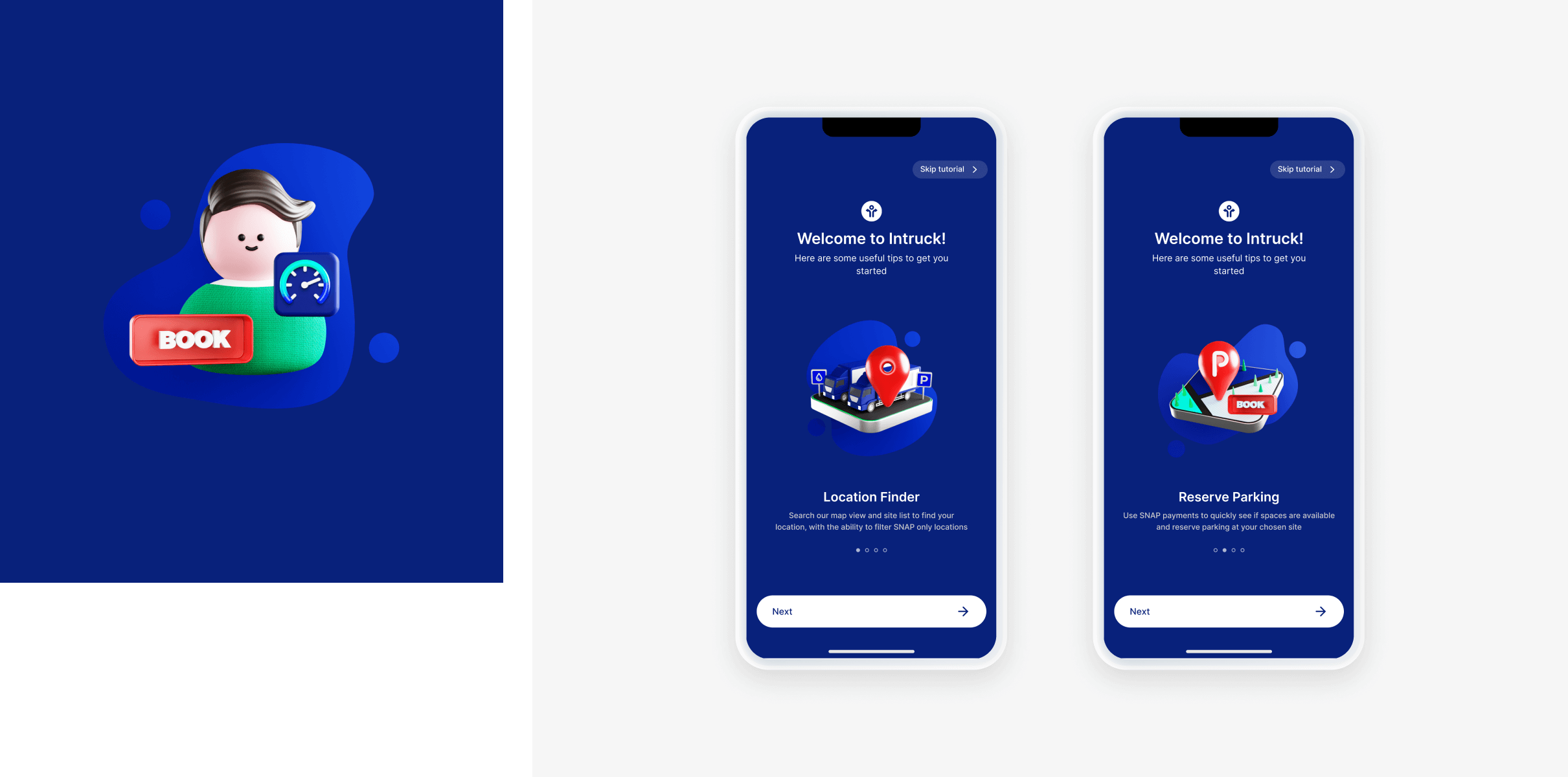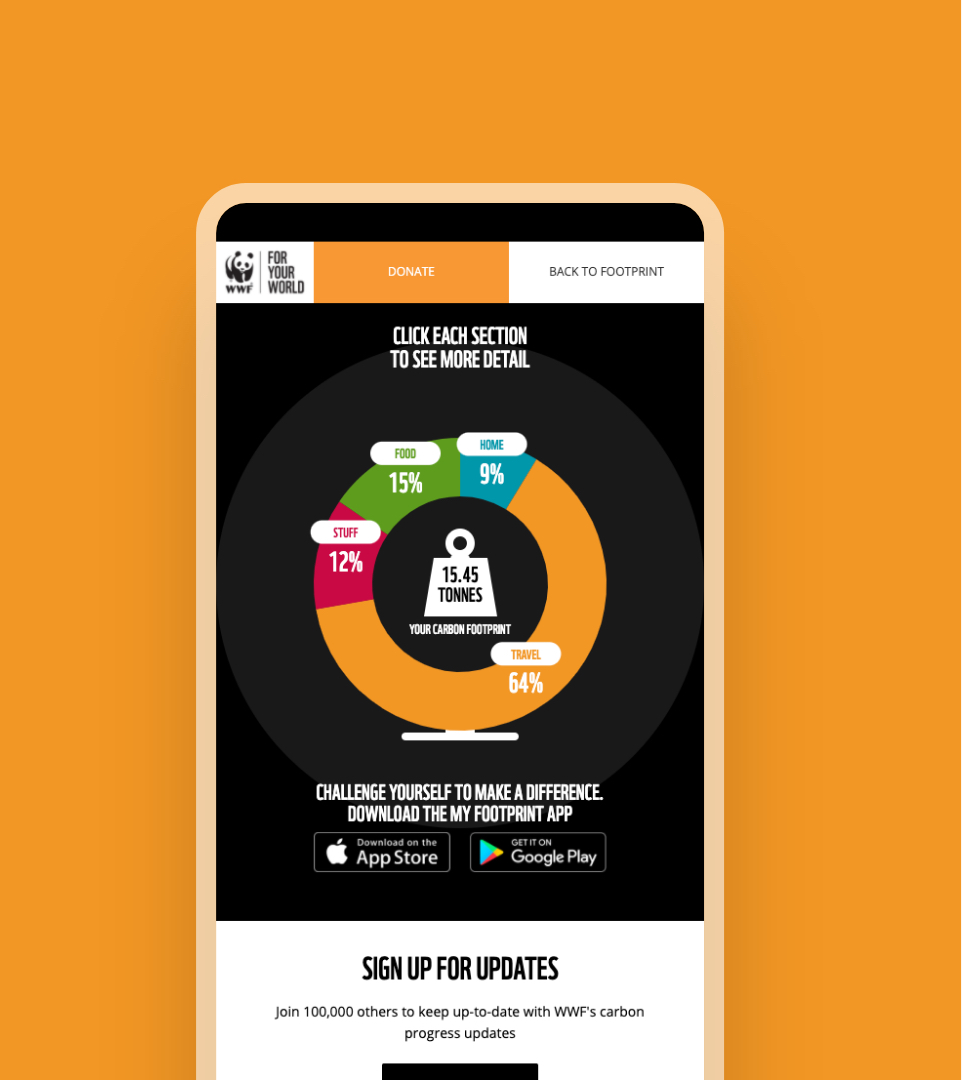InTruck is a mobile app used by over 100,000 truck drivers to manage their journeys and book facilities and parking when on the road. They challenged us to improve the user experience of their mobile interface and introduce some new functionality.
- Lead time:
- 4 Months
- Sector:
- Transport and Logistics
- Demographic:
- Lorry Drivers
- App Goal:
- Introduce new functionality, Improve UX & UI design
- Deliverables
- UX & UI Design, Mobile App Design
The challenge
InTruck wanted to become the mobile app of choice for lorry drivers. They had an ambitious roadmap for the app and were ready to invest in the user interface, introduce new functionality, and expand into new markets.
They challenged our team to create a fresh UI and UX design that would deliver a market leading customer experience.
- Scope
- Research
- User Journey Mapping
- Figma Wireframe Prototypes
- Figma Design Prototypes
- Design to Development Handover
- Resource
- 1 x Senior UX Designer
- 1 x Senior UI Designer
- 1 x Project Manager
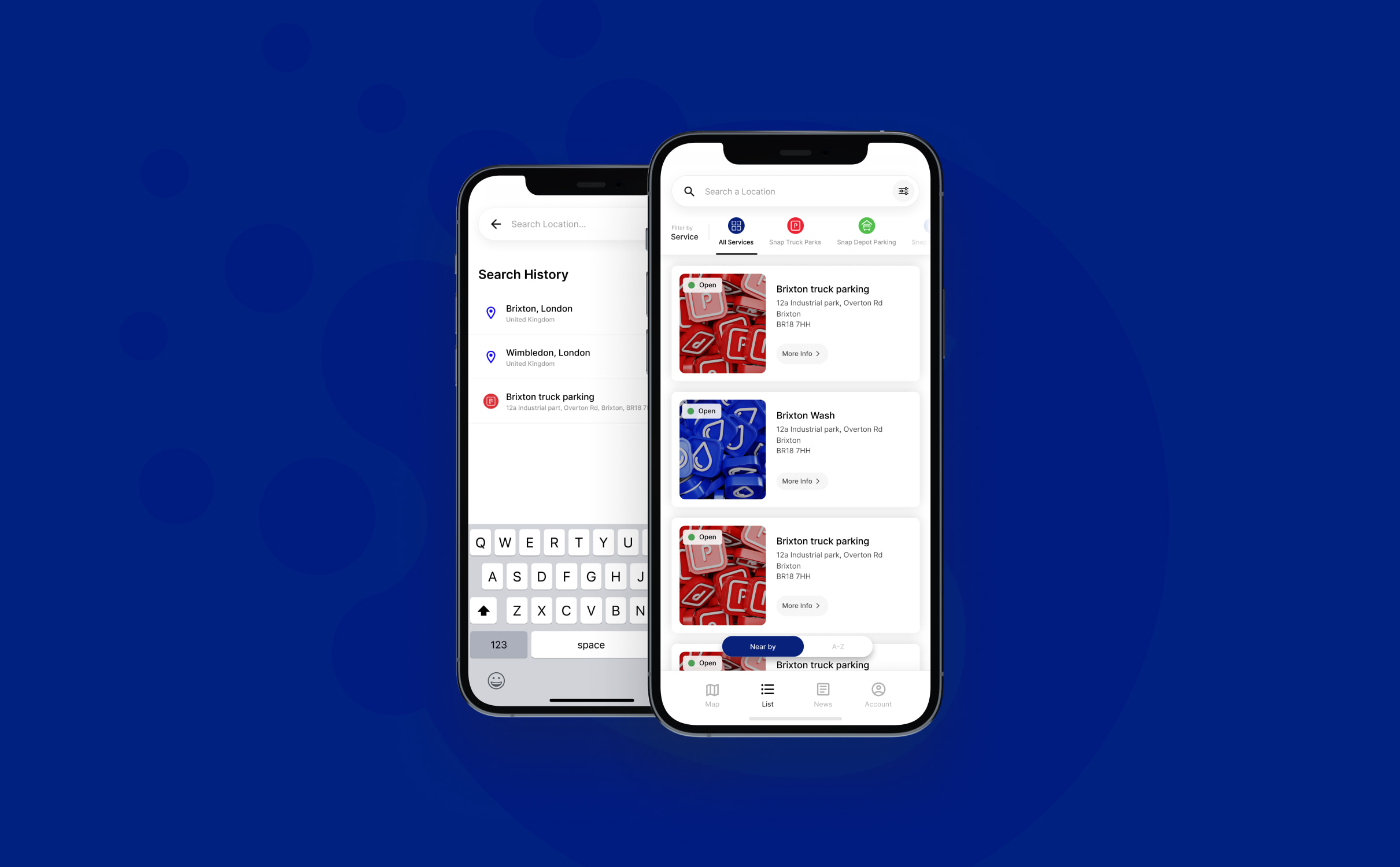

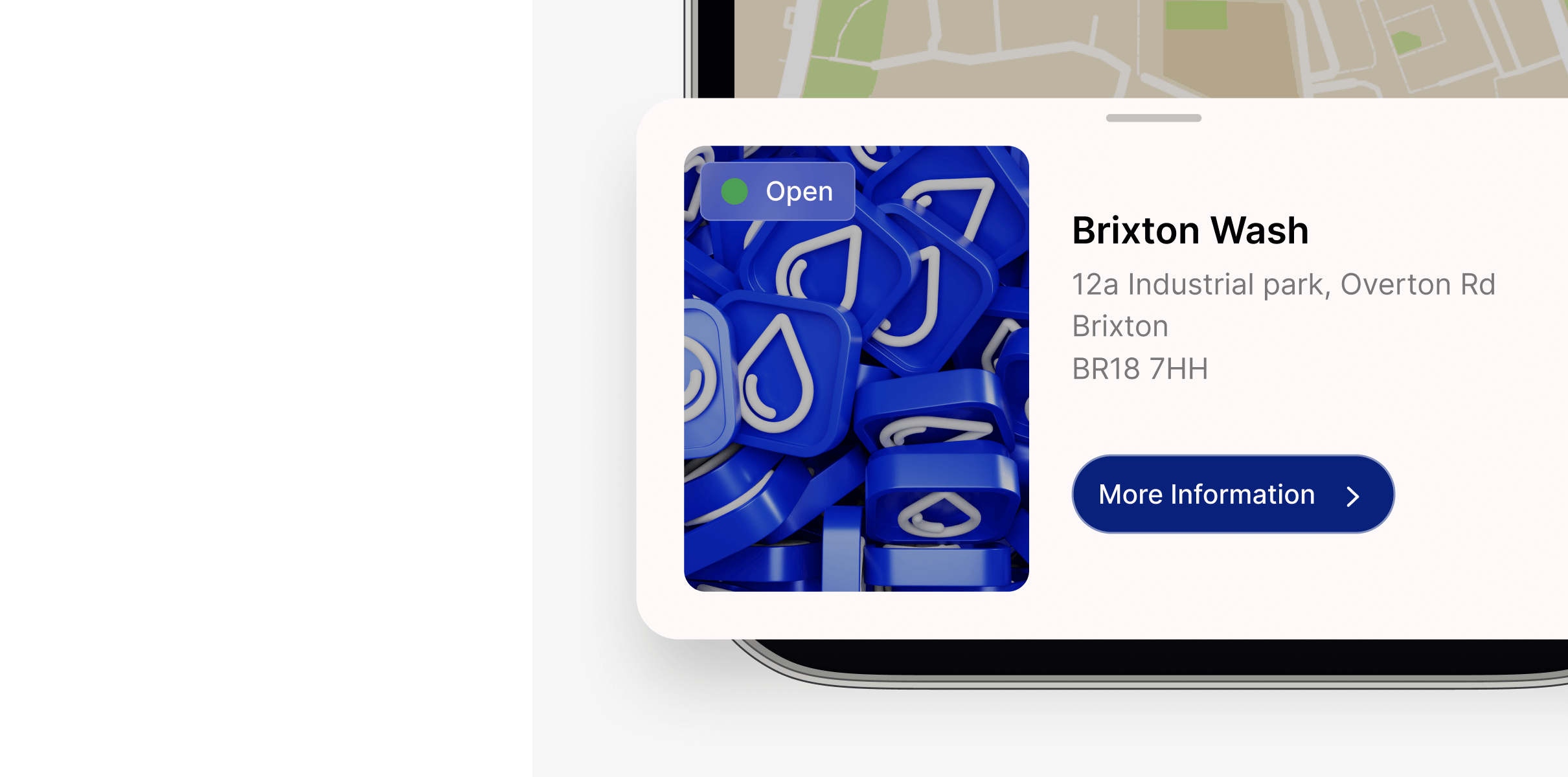
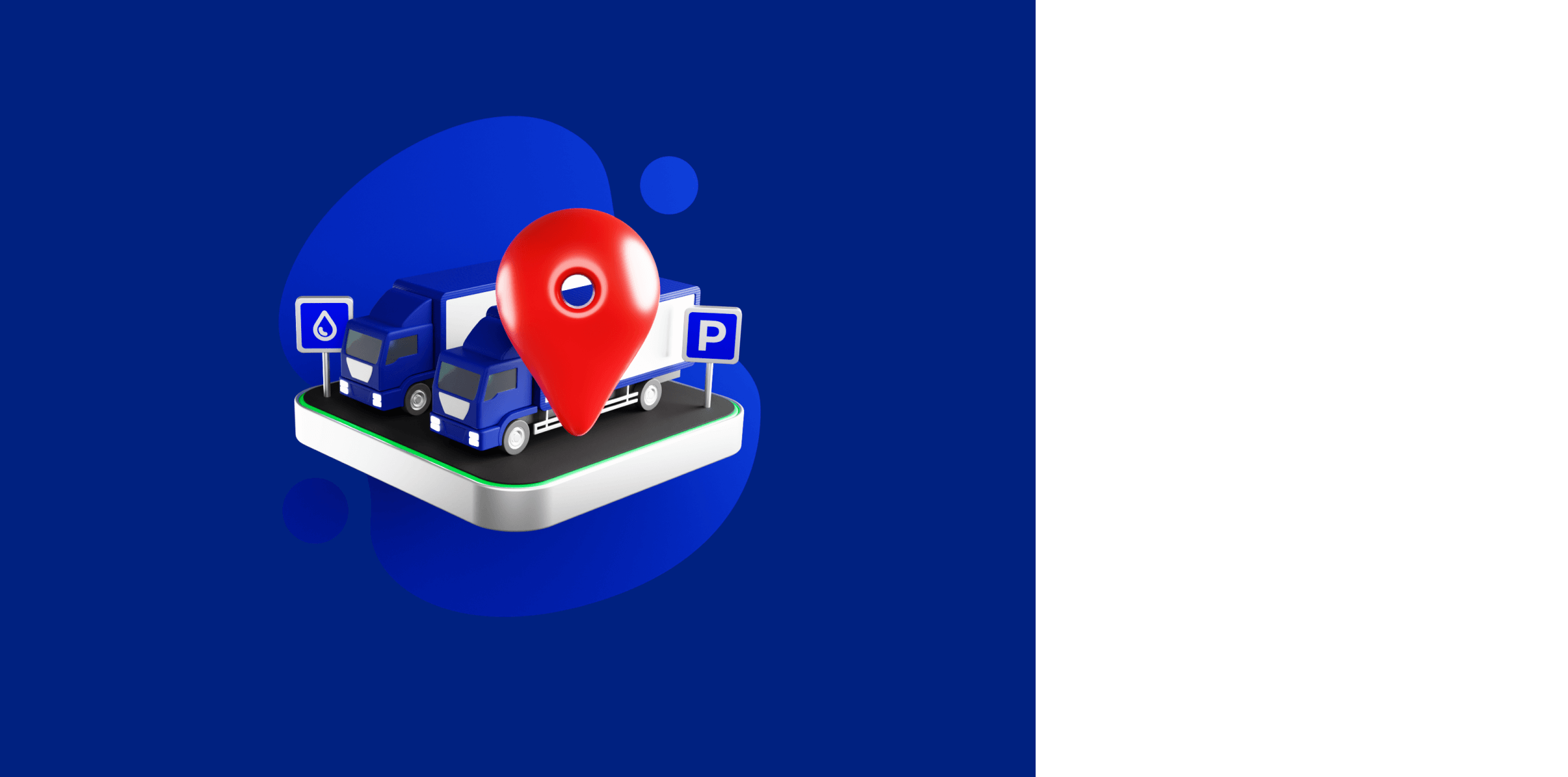
Research & discovery phase
We reviewed apps within InTruck’s marketplace to get a feel for how they displayed information and handled the booking process. Our goal was to establish the user experience benchmark and identify key opportunities to outperform the other mobile apps available.
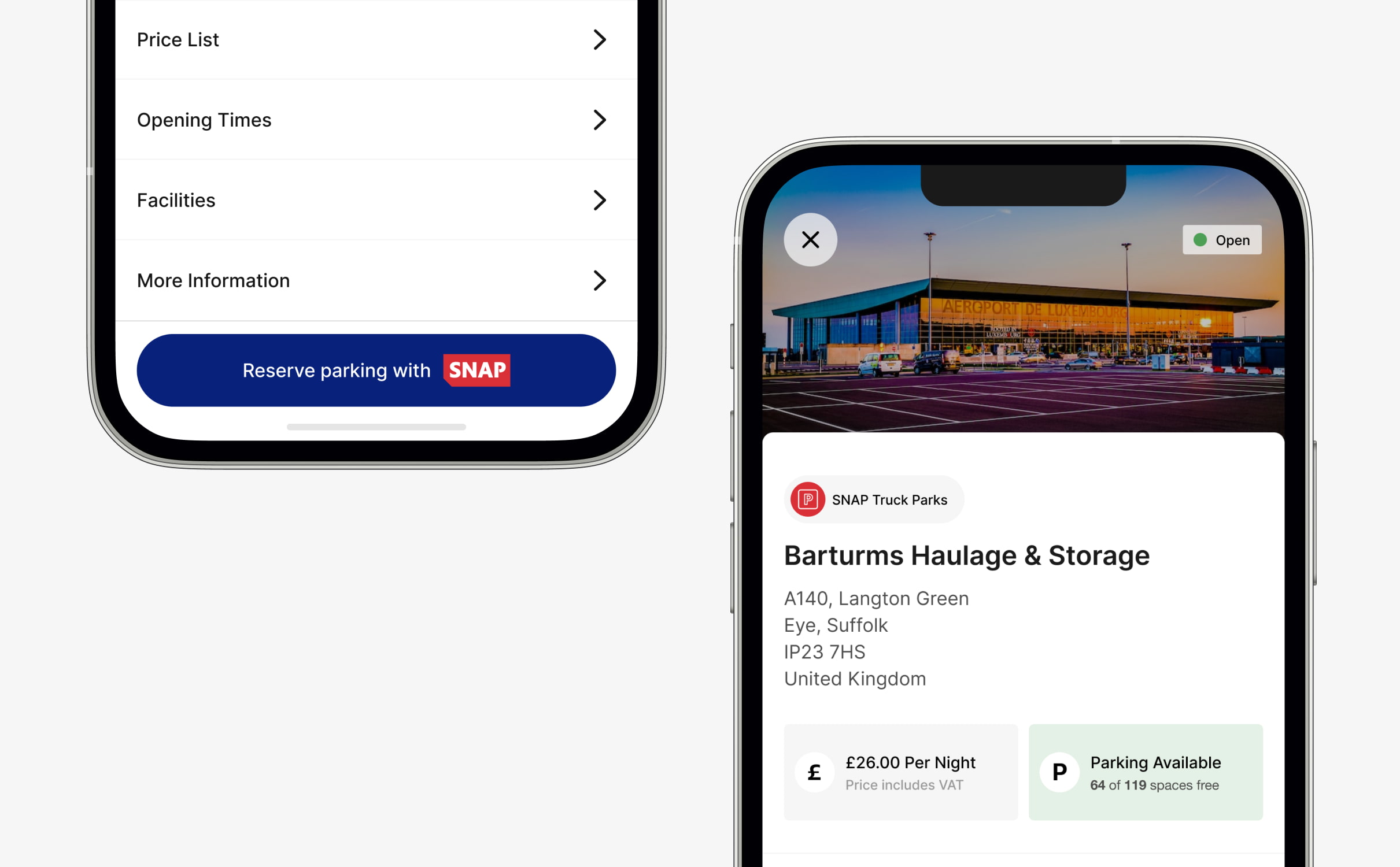
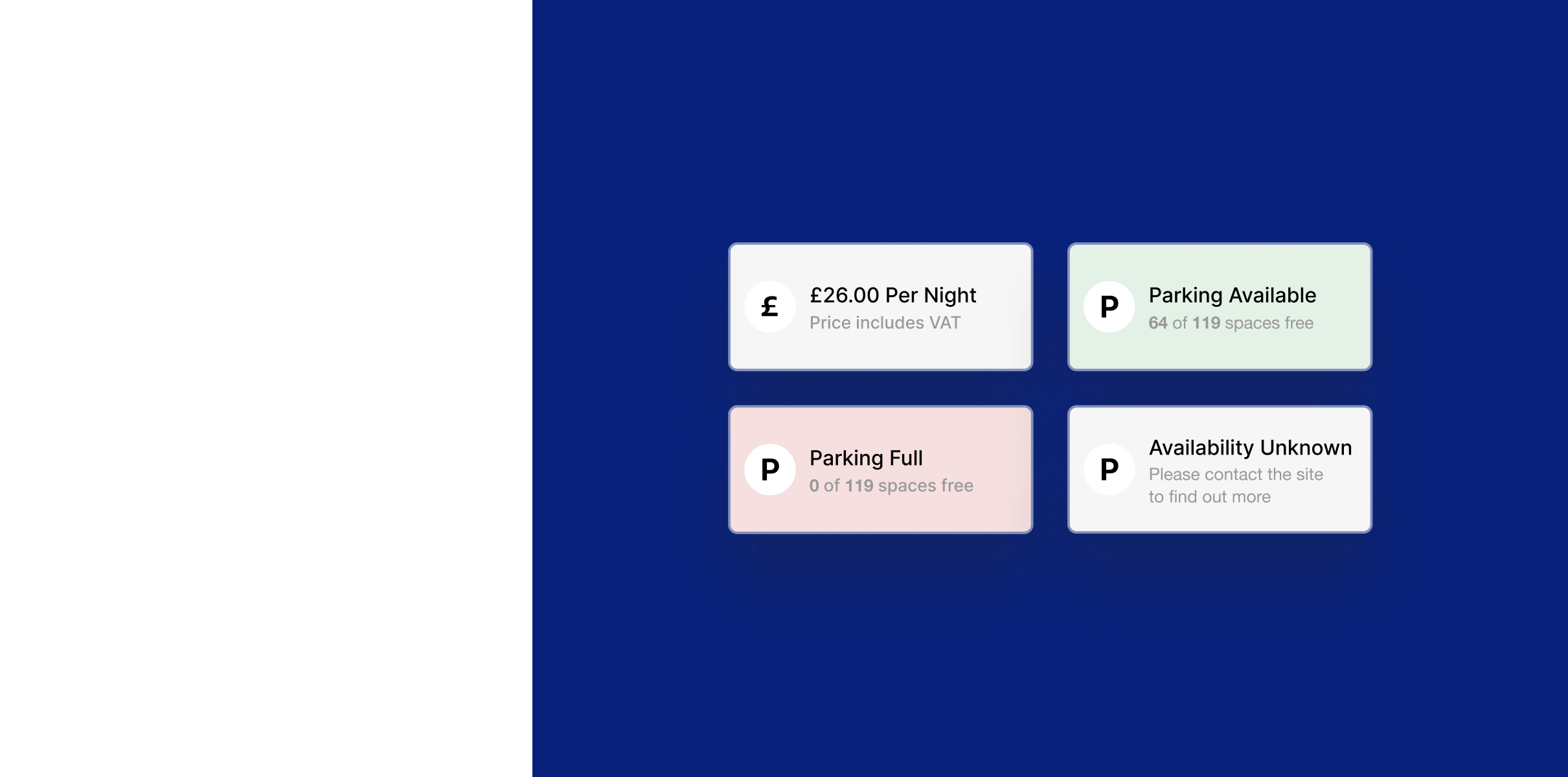
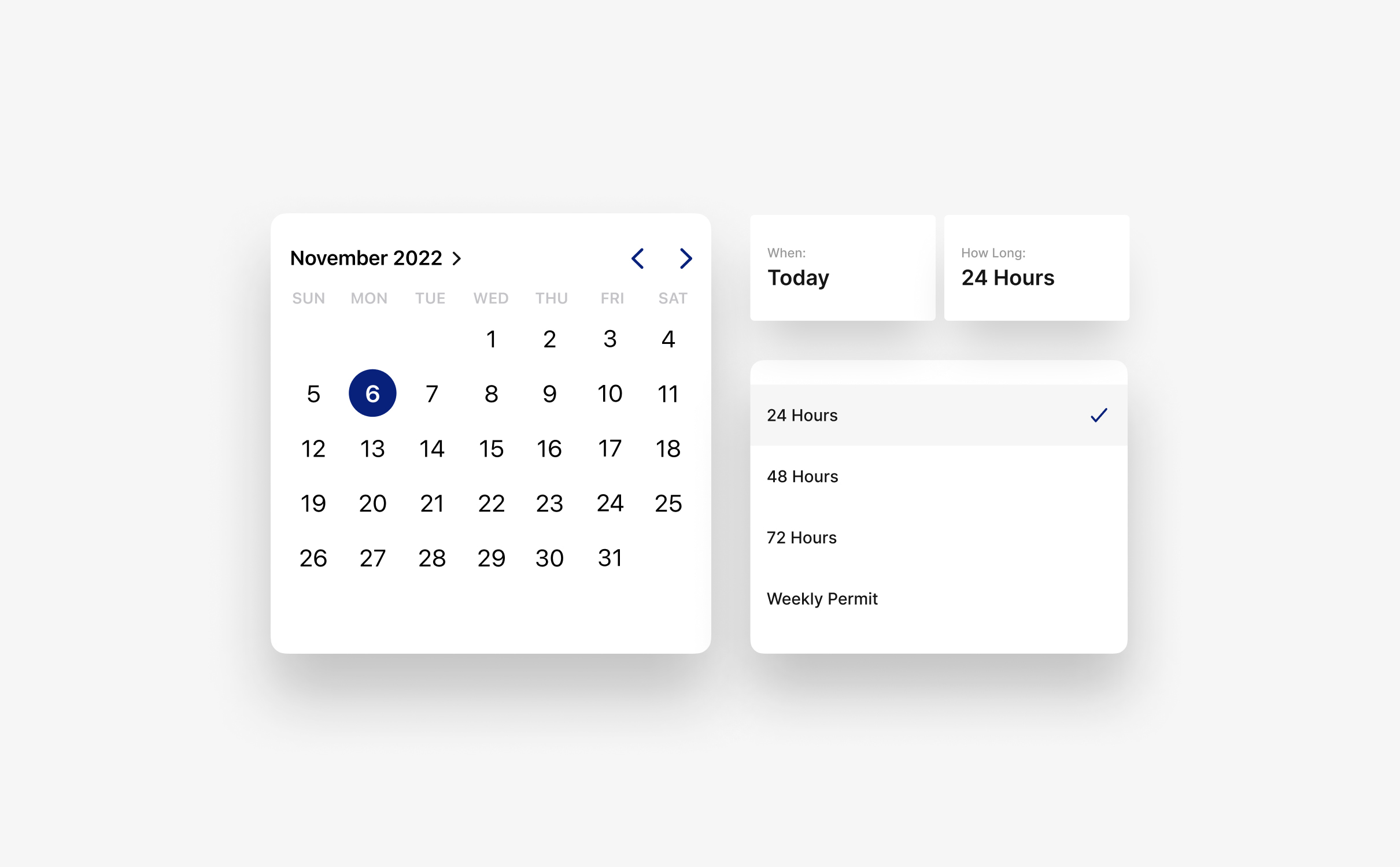
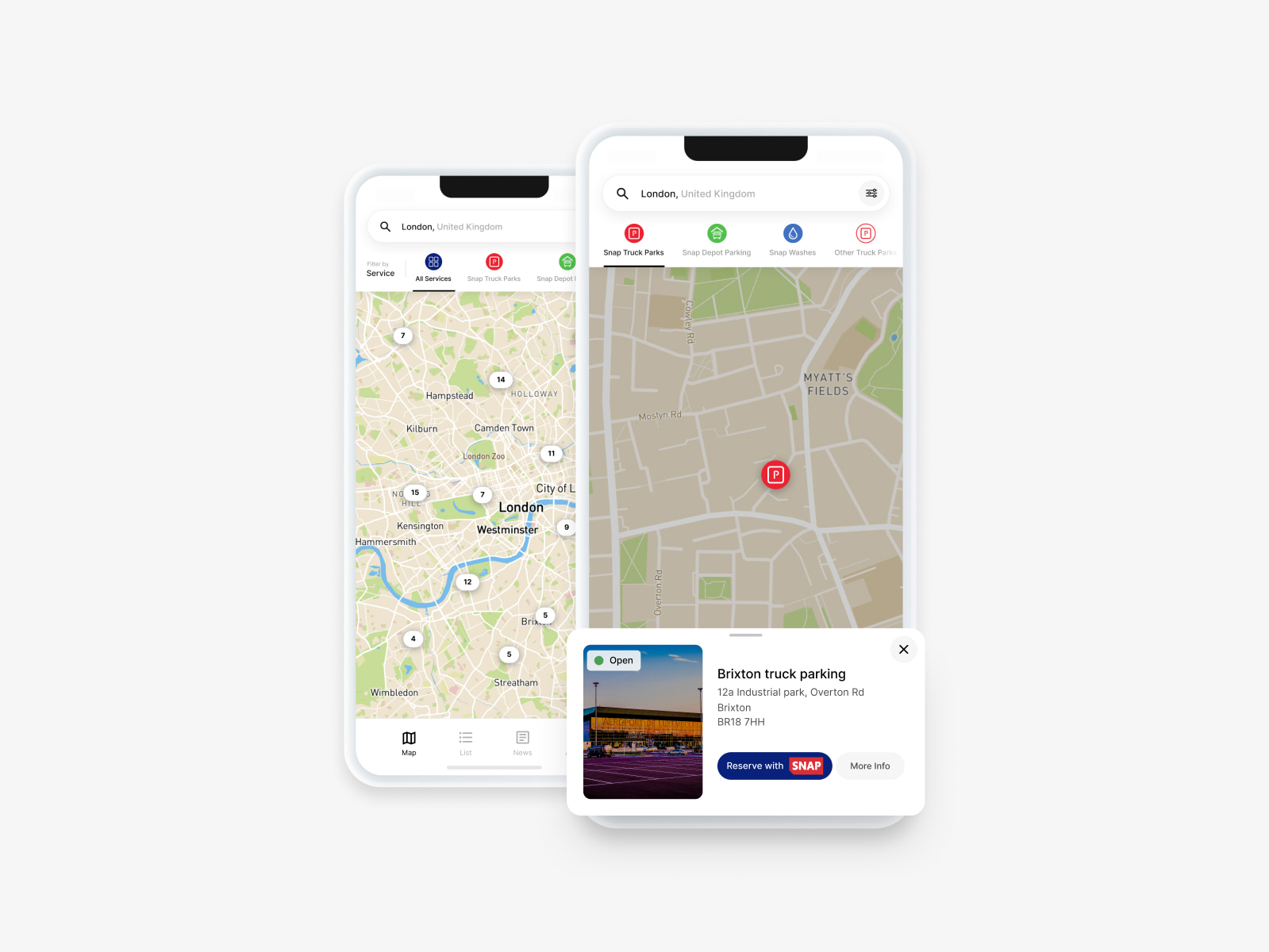
The map view
The map function is critical within the InTruck app and presented a major opportunity to improve the UX design.
We introduced filters and keys to help drivers quickly find suitable facilities and services without clicking into each potential stop. For example, the map now shows the key facilities of a stop – if it’s a depot stop, has parking, has a lorry wash etc. We created a preview function so drivers can find out more about a location before clicking through to the location page.
These additions streamline the journey planning process for drivers, saving them time and effort when finding facilities.

Profiles
We restructured the service profile pages to improve the clarity of information and provide prominent call to actions. One of the UX challenges on the profile screens is finding the balance between keeping the screen concise while also ensuring information can be easily understood.
We introduced a new profile layout that incorporates key information such as parking availability at the top of the profile, then used accordions to segment information within the page and keep it digestible.
We designed a sticky call to action to book parking on site profile pages at the bottom of the screen where parking is available, promoting InTruck’s own parking services.
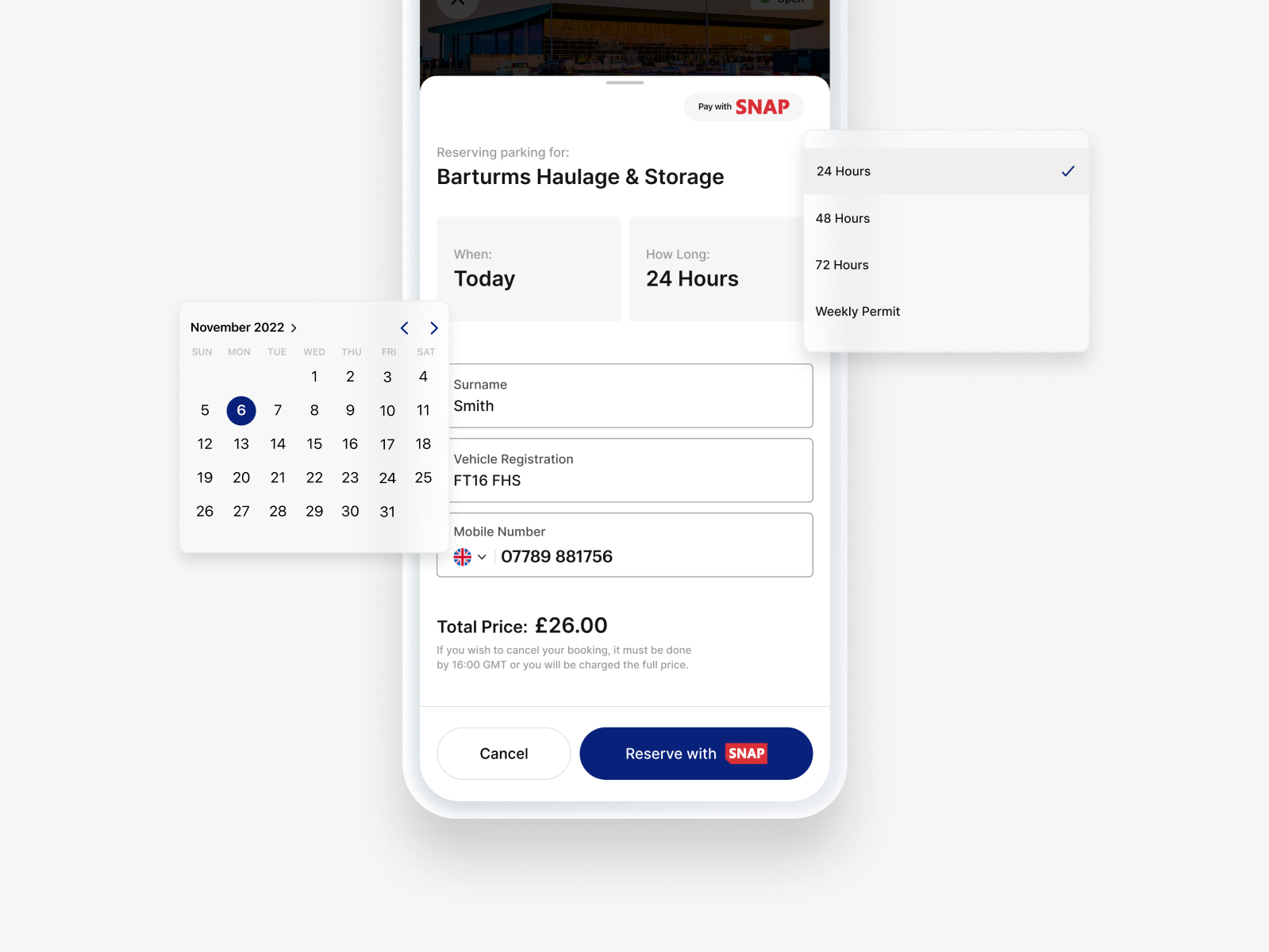
Booking flow
Our mobile app designers streamlined the booking process to reduce the time and effort required to make bookings in the app. We introduced availability checkers, quick book call to actions, and enabled drivers to save information such as payment and registration details within their profile so they could make use of quick booking.
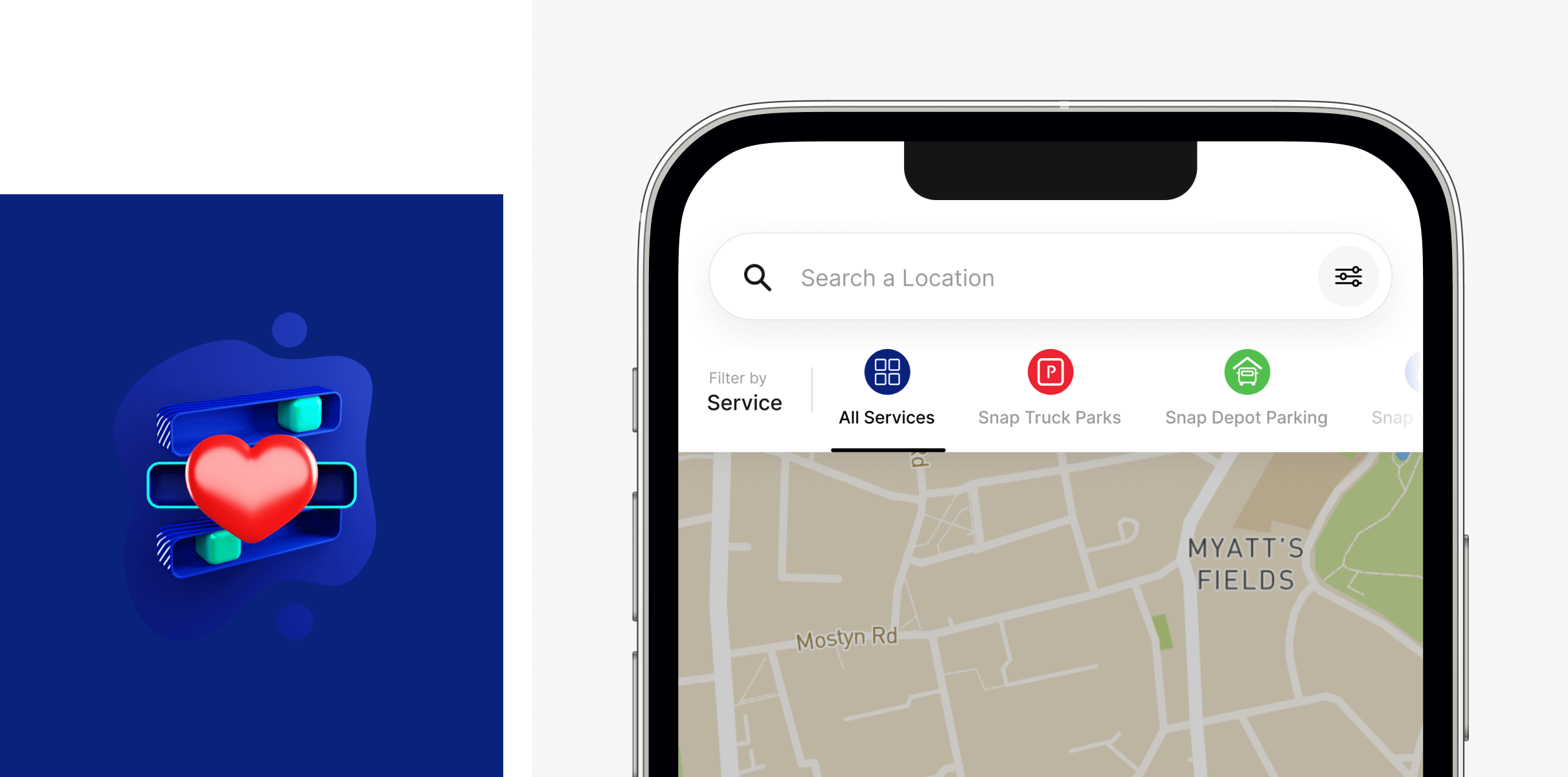
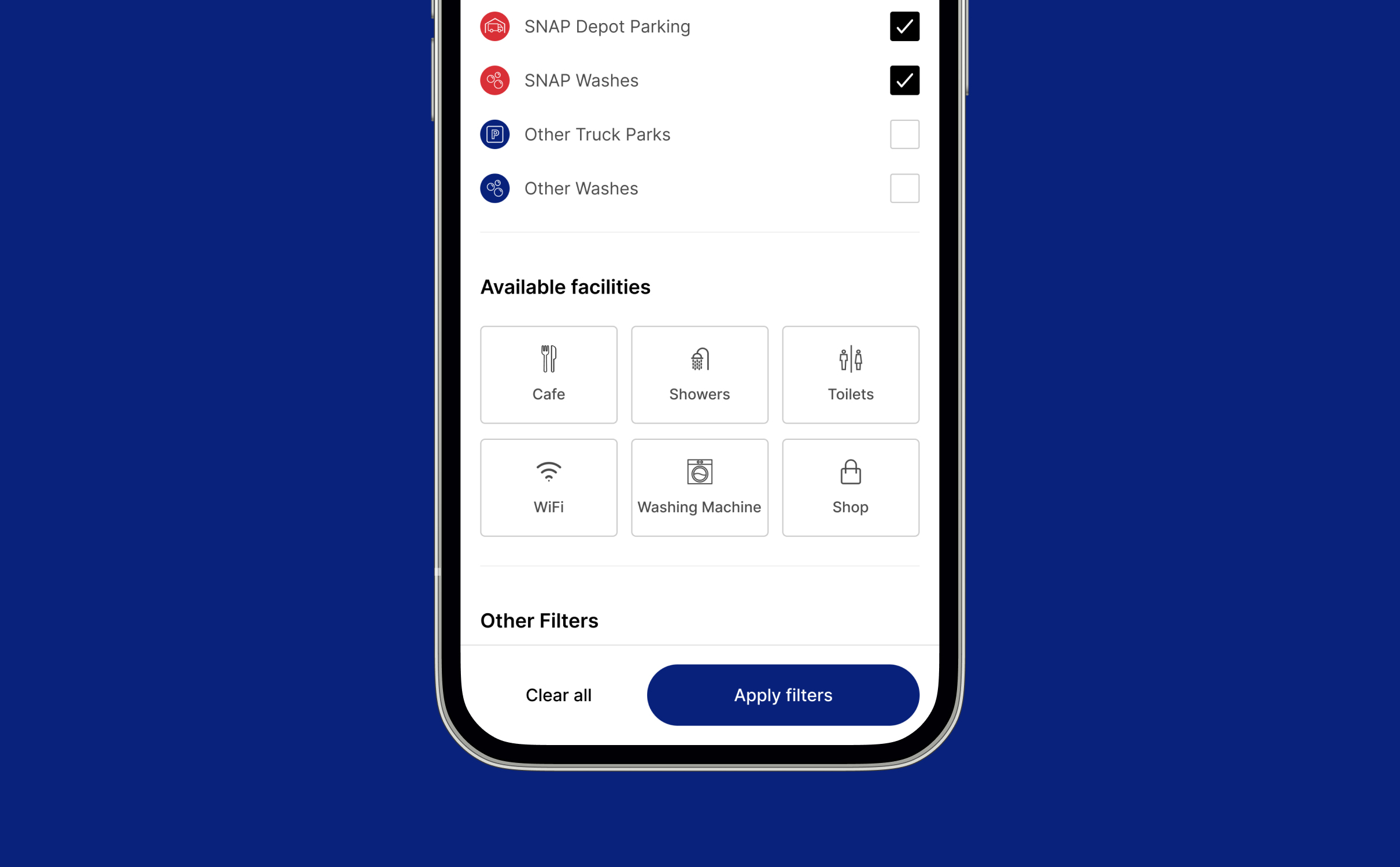
Onboarding flow
InTruck’s existing mobile app didn’t have account functionality which meant that users had to repeatedly re-enter information and weren’t able to save locations or see their history or bookings.
We introduced an account creation and onboarding flow that enabled users to save information and access new areas of the app. The flow included a number of splash screens to showcase key app features.
The broader implications of this were that InTruck had better data on their app usage and were able to start marketing to their customers. From a customer perspective, they were fully onboarded on the app and could save payment information, vehicle registrations and record their favourite stops for future journeys which removed friction from their booking process.
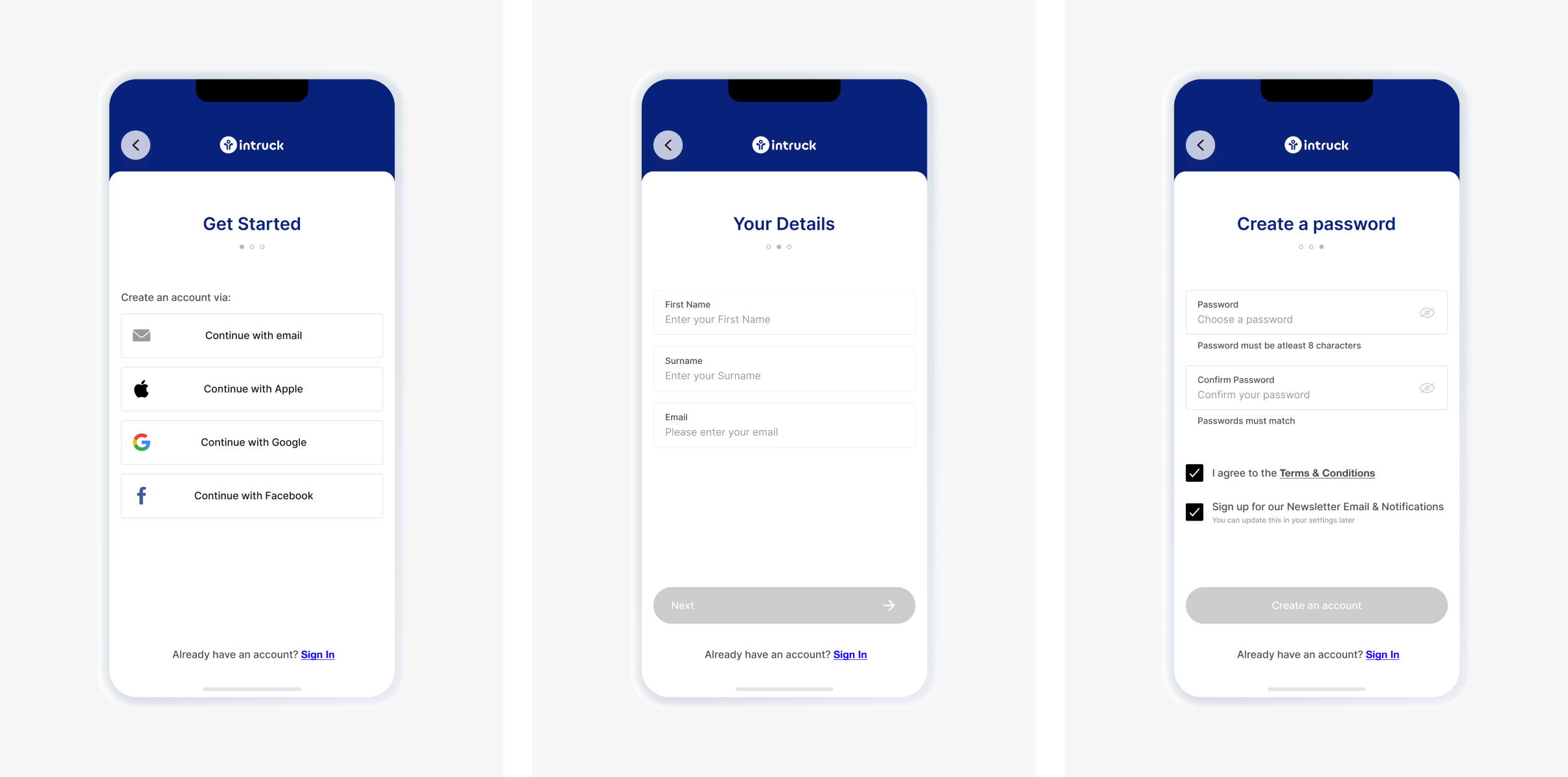

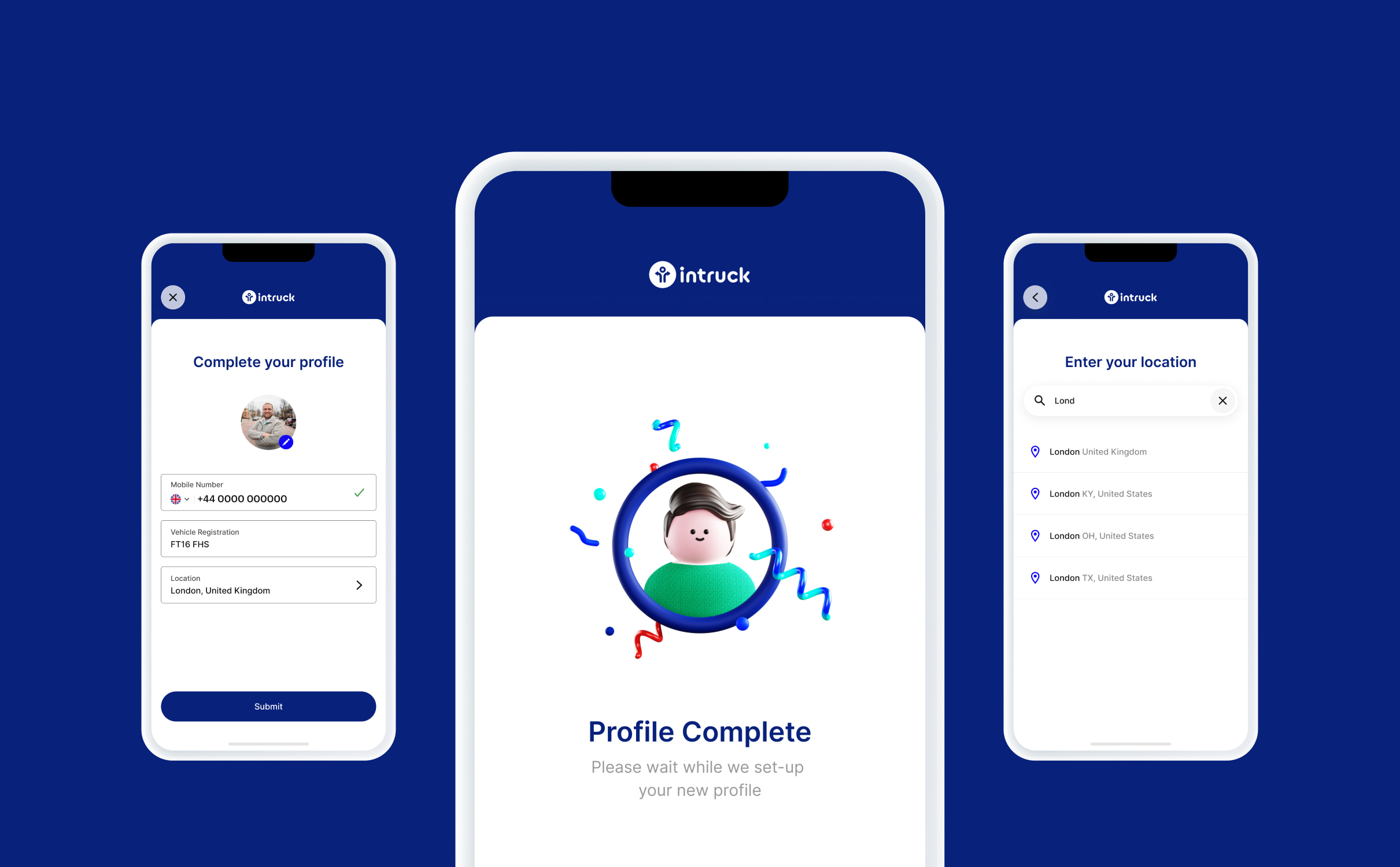
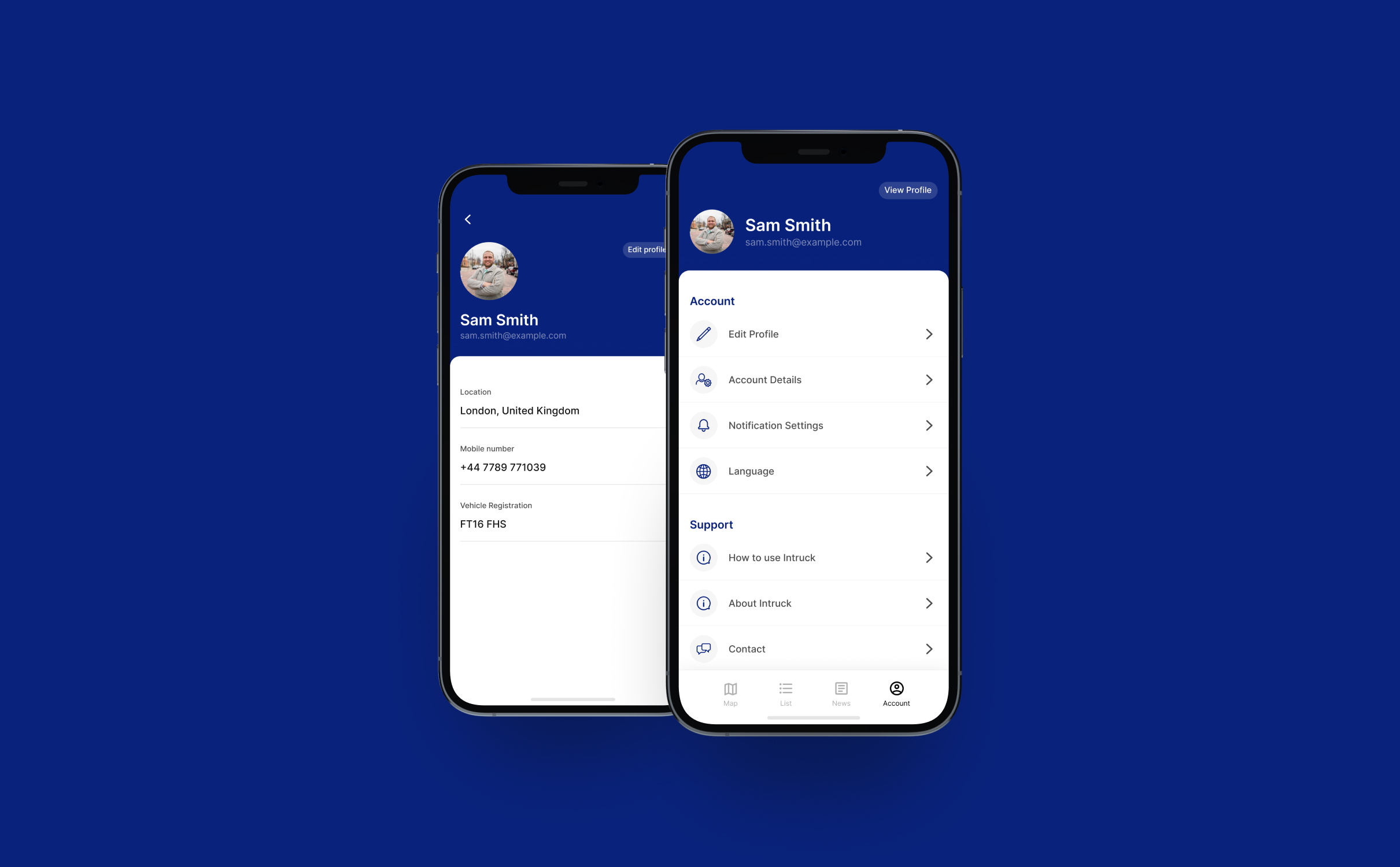
Planning for the future
Our team created UI & UX designs for the mobile app with the future of the app in mind. We ensured that the app could continue to grow in line with InTruck’s strategy and accommodate additional functionality that they have in the pipeline.
We also considered the roll out of the new designs within the UX design process, introducing a number of onboarding splash screens that would create a smooth transition from the old app design to the new app design for existing users.
